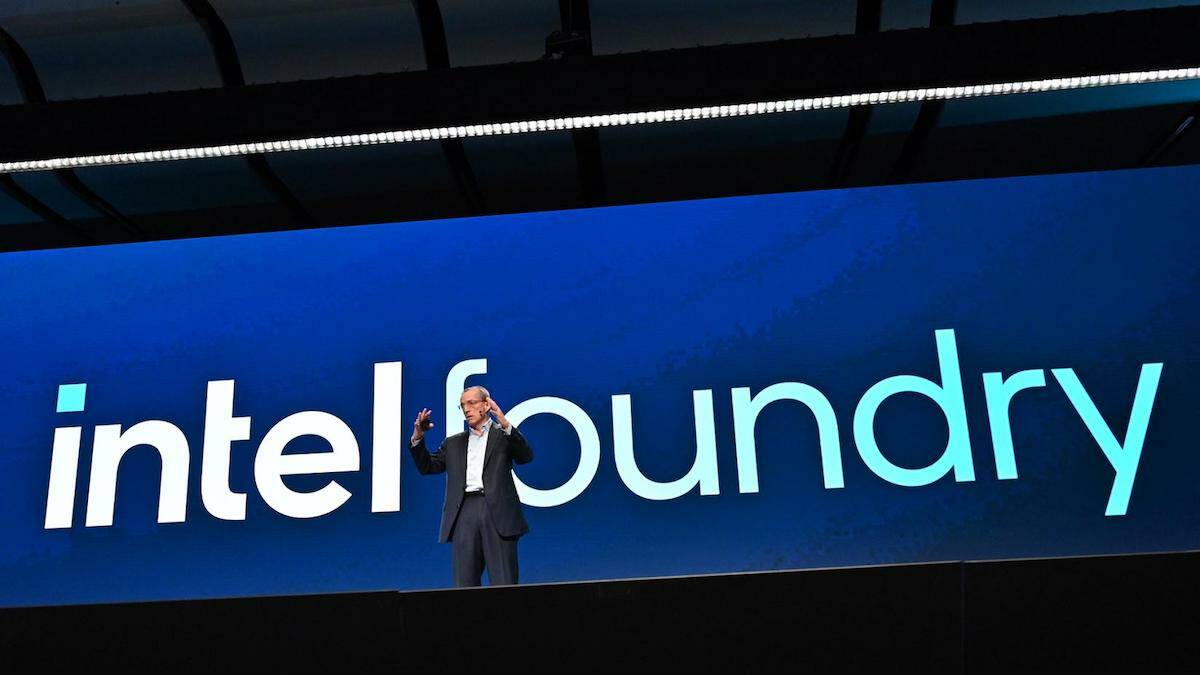Intel Sued Again Over Struggling Foundry Business

Beleaguered chipmaker Intel has been sued yet again by shareholders over its foundry business, this time in a derivative lawsuit targeting executives and board members.
A derivative lawsuit, such as a similar claim filed in June, is brought by investors on behalf of the company, which receives any damages awarded as a result of the litigation. In a shareholder class action lawsuit, such as the one filed in August, the shareholders stand to benefit if they prevail.
The complaint [PDF], filed in federal court in San Jose, California, accuses two corporate officers – former CEO Pat Gelsinger and interim co-CEO/CFO David Zinsner – and various board members of violating securities law and their fiduciary duties, unjust enrichment and wasting corporate assets.
It seeks restitution and punitive damages from the individual defendants that, if awarded, would be paid to Intel, plus court costs for the attorneys representing the plaintiff, LR Trust. For that reason, the legal filing lists the recent compensation of the named defendants, such as the combined total of more than $207 million awarded to Gelsinger in 2021, 2022, and 2023.
The derivatives claim focuses on Intel's floundering foundry business. Gelsinger announced in October 2022 that Intel would pursue "an internal foundry model," a reflection of the company's strategic shift toward making chips both for itself and external customers.
In June 2023, the chip biz said Intel Foundry Services (IFS) would begin reporting its own profits and losses starting in Q1 2024. And on April 2, 2024, the chip maker revealed that IFS had an operating loss of $7 billion on sales of $18.9 billion in 2023.
- Intel's legal troubles mount after plunging stock sparks yet another court battle
- Intel investor sues over Foundry flop, seeks to reforge corporate governance
- Intel sued over Raptor Lake voltage instability
- Fine print in Intel's CHIPS Act deal includes requirement to keep control of its foundries
Then in Q2 2024, the company reported an IFS operating loss of $2.83 billion, substantially worse than the foundry businesses' $1.87 billion operating loss in Q2 2023. The disappointing quarter was accompanied by layoffs and the suspension of Intel's dividend as of Q4. In December, Gelsinger resigned as CEO.
The complaint points to inadequate risk disclosure in Intel's 2024 Proxy Statement as evidence that executives and board members failed to meet their obligations to shareholders and allowed the company to make false and misleading statements about its financial prospects.
It says, "[A]s later admitted by Intel, and in breach of the individual defendants’ fiduciary duties, the true status of Intel’s affairs at the time were that: (1) IFS’s growth was not indicative of revenue growth reportable under its segment; (2) IFS experienced substantial operating losses in 2023; (3) IFS experienced a decline in product profit driven by lower internal revenue; (4) due to the foregoing, IFS could not be a strong tailwind to Intel’s foundry strategy; and (5) the Company failed to maintain adequate internal controls."
Intel, which also faces a lawsuit filed in November over chip voltage claims, declined to comment. ®
From Chip War To Cloud War: The Next Frontier In Global Tech Competition
The global chip war, characterized by intense competition among nations and corporations for supremacy in semiconductor ... Read more
The High Stakes Of Tech Regulation: Security Risks And Market Dynamics
The influence of tech giants in the global economy continues to grow, raising crucial questions about how to balance sec... Read more
The Tyranny Of Instagram Interiors: Why It's Time To Break Free From Algorithm-Driven Aesthetics
Instagram has become a dominant force in shaping interior design trends, offering a seemingly endless stream of inspirat... Read more
The Data Crunch In AI: Strategies For Sustainability
Exploring solutions to the imminent exhaustion of internet data for AI training.As the artificial intelligence (AI) indu... Read more
Google Abandons Four-Year Effort To Remove Cookies From Chrome Browser
After four years of dedicated effort, Google has decided to abandon its plan to remove third-party cookies from its Chro... Read more
LinkedIn Embraces AI And Gamification To Drive User Engagement And Revenue
In an effort to tackle slowing revenue growth and enhance user engagement, LinkedIn is turning to artificial intelligenc... Read more

